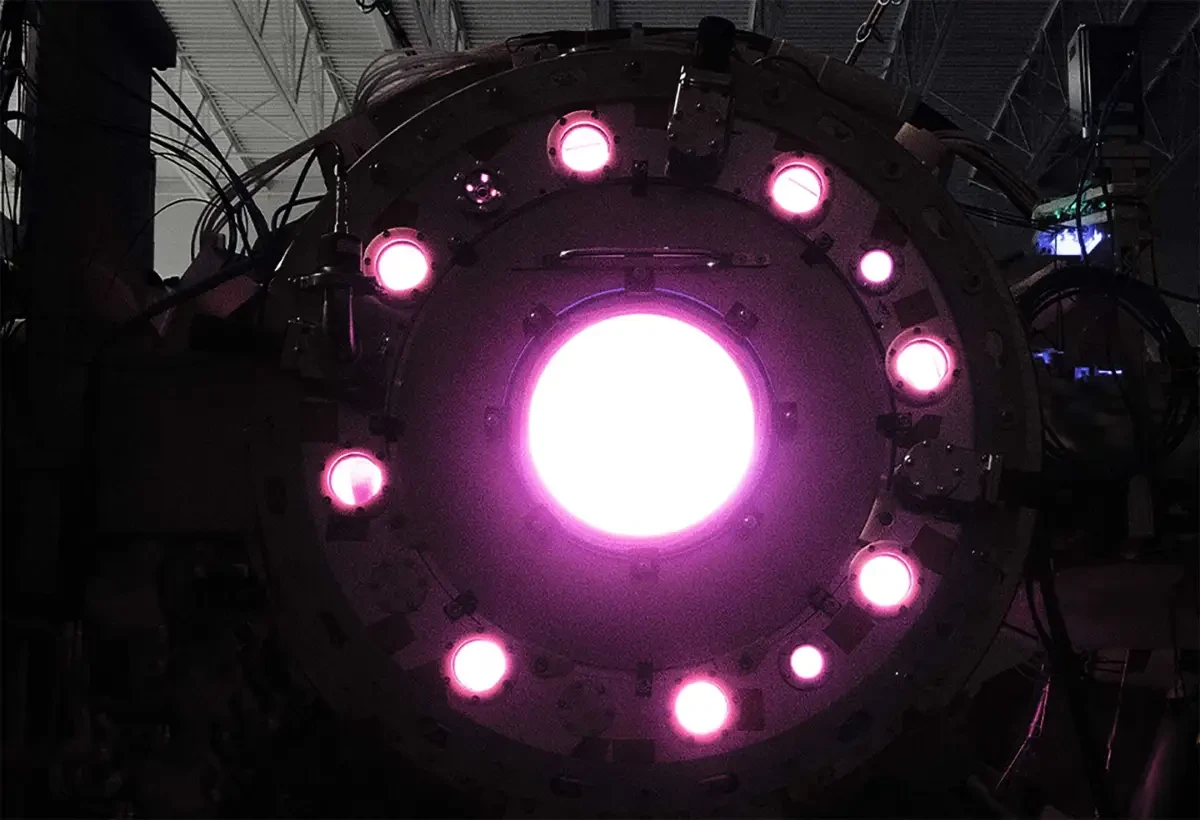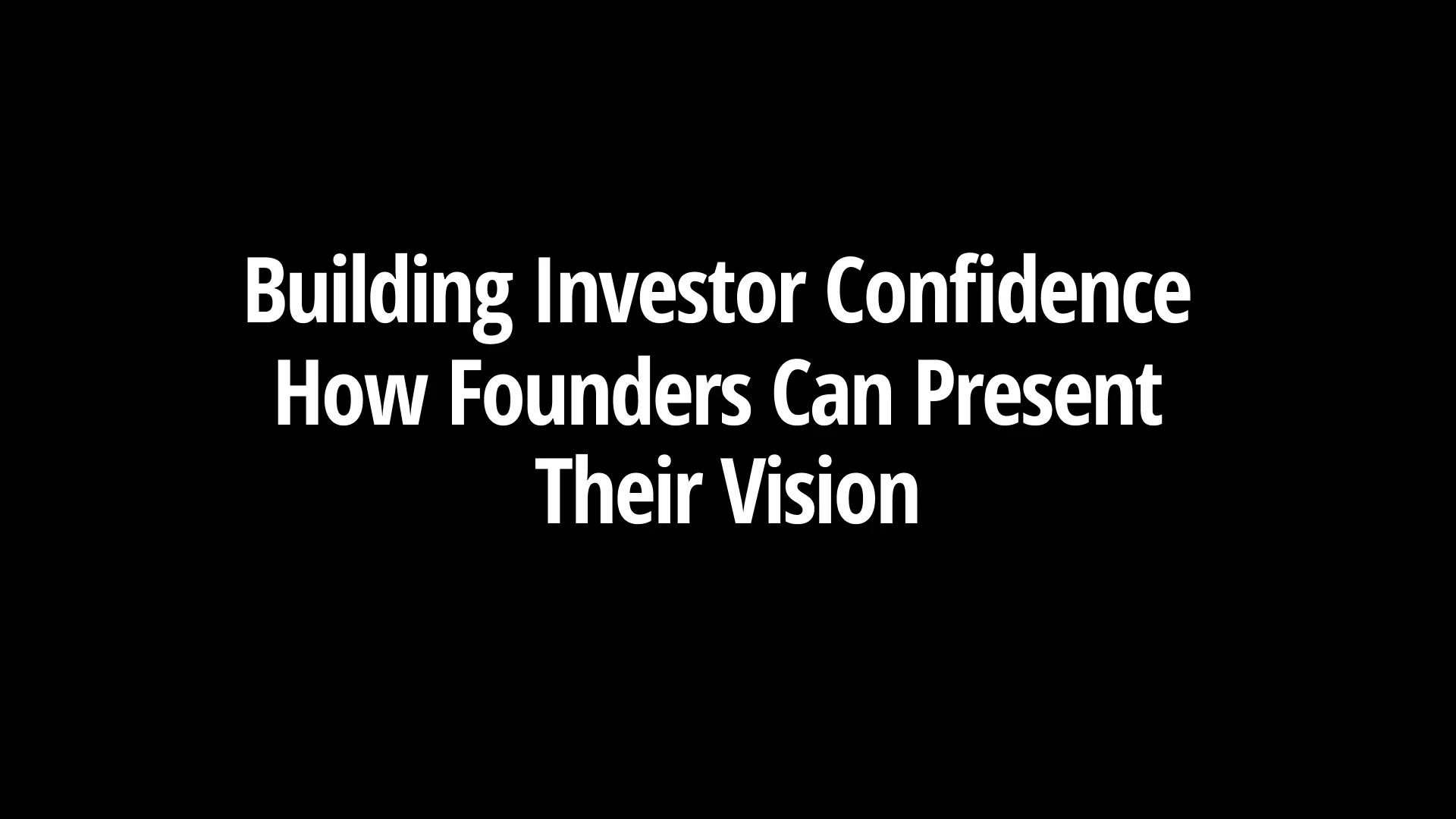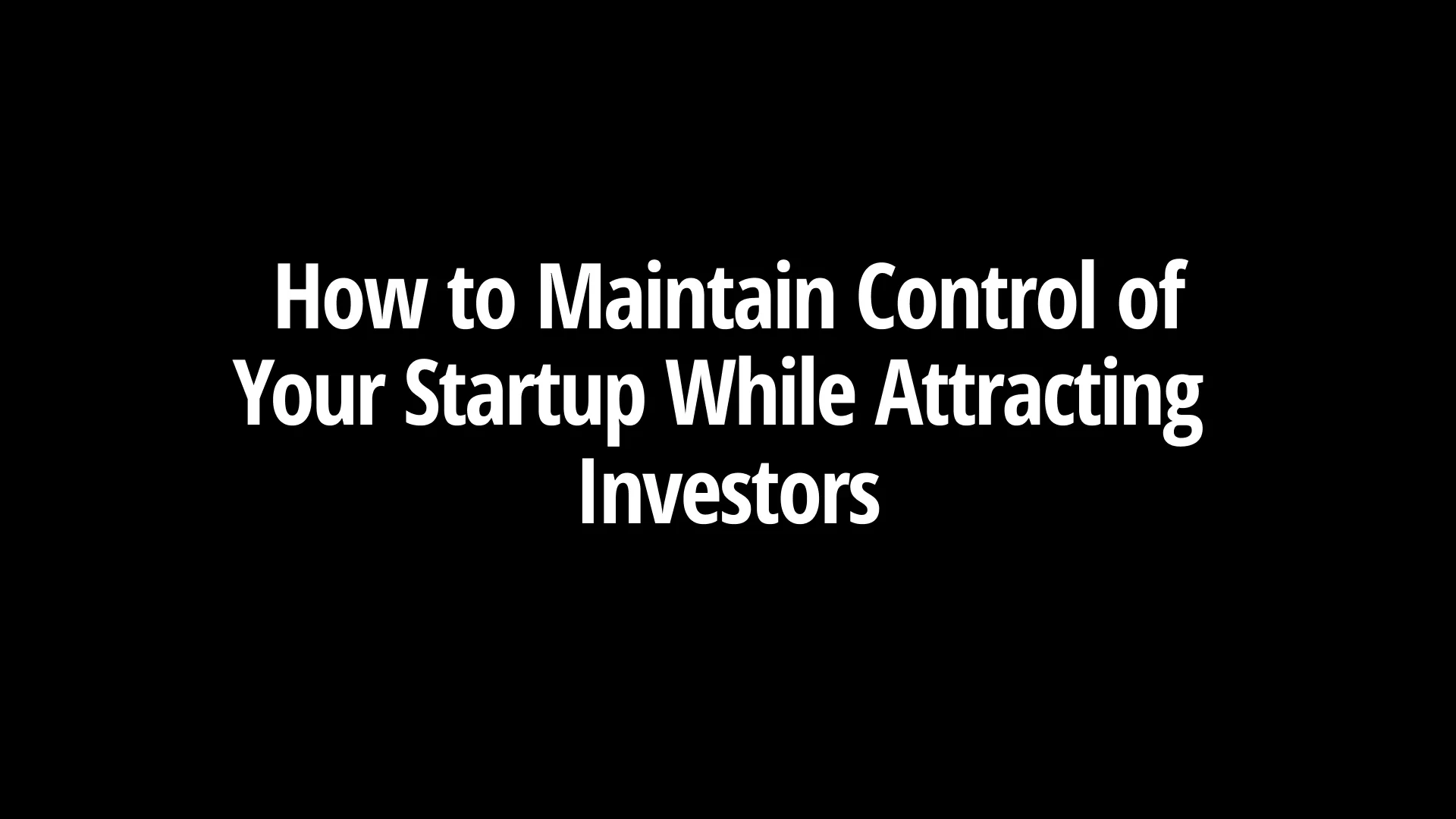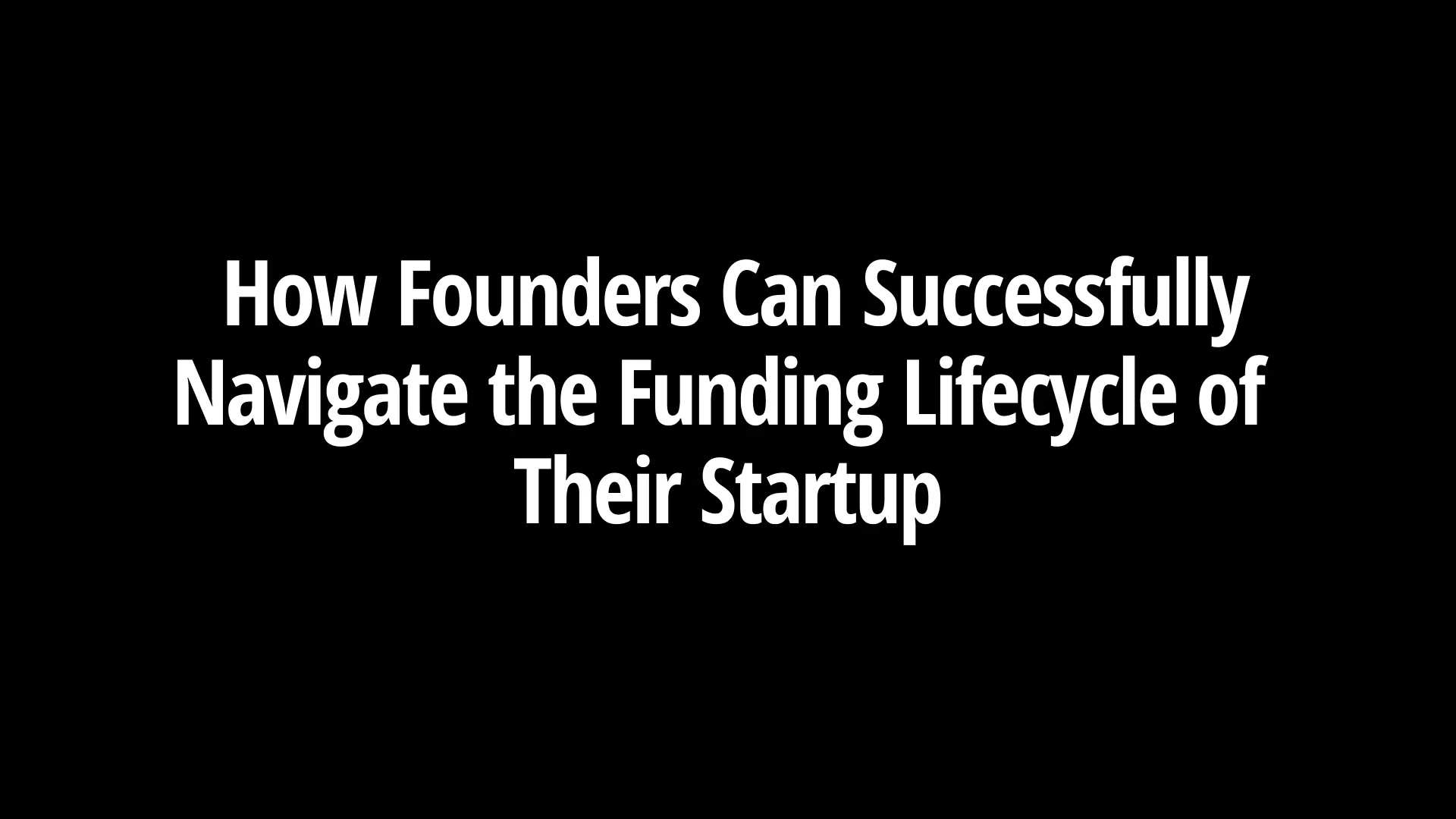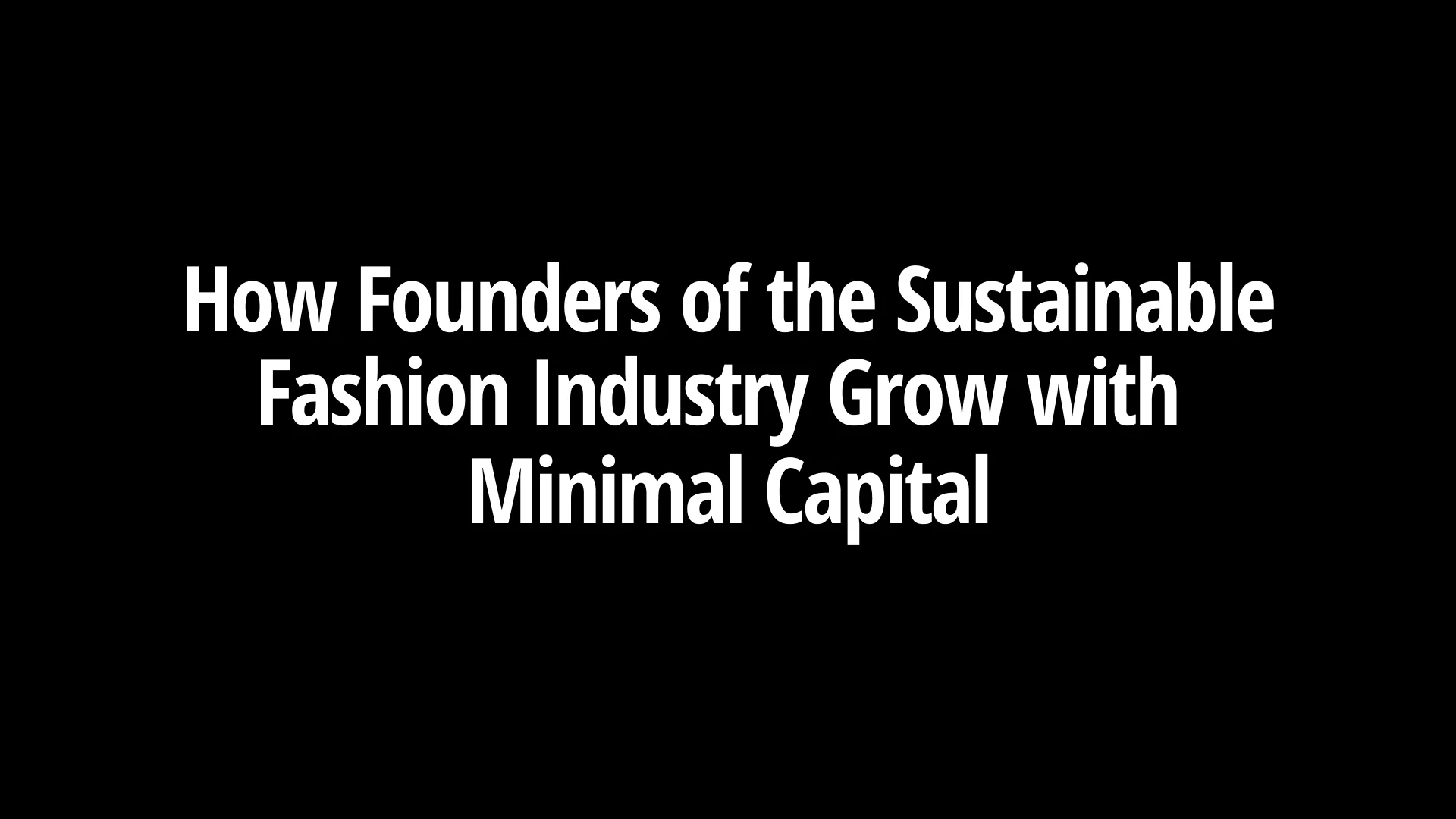New York
Investors
Helion Raises $425M to Power the Future of Energy with Fusion Reactors for Microsoft
By : Syed Owais Date:February 3, 2025
Ready to Share Your Story or Recommend a Leader?
Join our mission to connect and empower entrepreneurial ecosystem.
The Road to Sustainable Energy: A New Chapter in Fusion Technology
In an age where sustainable energy solutions are crucial for mitigating climate change, fusion energy has long been seen as the "holy grail" of power generation. Now, Helion Energy, a pioneering force in fusion research, is taking a giant leap forward in this mission. The company has just secured an impressive $425 million in funding to further its ambitious goal of building a commercial fusion reactor, and their partner? None other than Microsoft—a company known for its commitment to sustainability and future-forward technologies.
Fusion Energy: The Holy Grail of Clean Power
Fusion energy promises to be the answer to the world’s pressing energy crisis. Unlike traditional nuclear power, which relies on nuclear fission, fusion generates energy by fusing hydrogen atoms together, mimicking the process that powers the sun. The result is clean, virtually unlimited energy without the harmful byproducts like radioactive waste.
However, achieving nuclear fusion in a controlled environment has proved to be incredibly difficult. For decades, scientists and engineers have struggled to create a fusion reaction that produces more energy than it consumes. Despite the challenges, recent breakthroughs have brought fusion energy closer to reality.
Helion’s Vision: Bringing Fusion Power to Market
Helion is one of the leading players in the race to develop commercial fusion power. With this new round of funding, they plan to accelerate their efforts to build a fusion reactor that can deliver clean energy to the grid. The company’s approach focuses on a magnetized target fusion system, which is designed to be more cost-effective and efficient than traditional fusion reactors.
The partnership with Microsoft brings a powerful boost to Helion’s mission. As a technology giant with a proven track record in scaling solutions, Microsoft’s involvement signals a significant commitment to tackling one of the world’s most complex energy challenges. The two companies aim to integrate Helion’s fusion technology with Microsoft’s cloud and AI platforms, which could be a game-changer for the global energy landscape.
A Strategic Partnership for the Future
This strategic partnership goes beyond just funding. Microsoft, known for its innovation in cloud computing and AI, is also deeply invested in sustainability goals, pledging to become carbon negative by 2030. By working with Helion, Microsoft is positioning itself at the forefront of clean energy innovation, which could redefine how industries generate and consume power in the future.
The collaboration also leverages Microsoft’s cloud computing infrastructure, allowing for the efficient simulation and modeling of fusion reactions and other critical processes that can accelerate Helion’s progress. This partnership highlights the growing intersection between technology and energy—two sectors that are increasingly intertwined in the quest for a more sustainable future.
The Road Ahead: A New Era of Clean Energy
The future of energy is undeniably tied to fusion power, and with Helion’s groundbreaking work and Microsoft’s backing, we are closer than ever to seeing this vision come to life. The $425 million raised will be used to further the development of Helion’s fusion reactor prototype, which aims to demonstrate net-positive energy output in the near future.
If successful, this fusion breakthrough could revolutionize the global energy market. With virtually limitless, clean energy available at a fraction of today’s costs, we could see a dramatic shift in how we power industries, cities, and homes around the world.

Syed Owais
Founder & Fractional CBO - Who loves to deliver value over hype. Aiming to build a no-BS community for founders (by founder), investors, venture capitalists, accelerators and journalists.
Subscribe
- Gain full access to our premium content
- Never miss a story with active notifications
- Browse free from up to 5 devices at once

